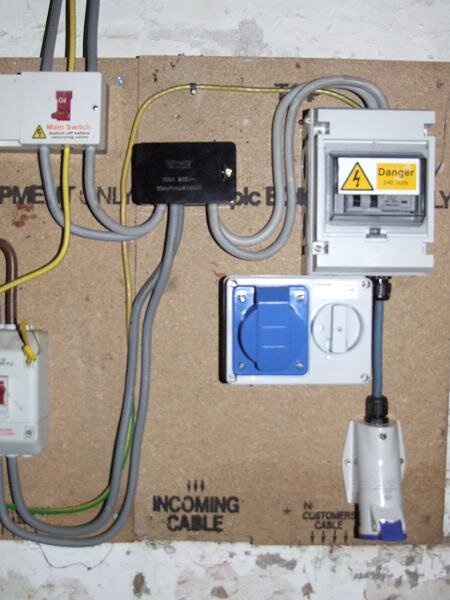Rob
Well-Known Member
I am going to build a new garage and I would like some advice on what electrical sockets I should go for. I will probably be getting welder and I may invest in some other bits and pieces like a mill/pillar drill/lathe. Seeing as I only have a single phase domestic supply what single phase sockets should I fit and how many? I am thinking of 1 x 32A and 2 x 16A as well as a few 13A double sockets for now but I am not sure if this would be sufficient or suitable.
Also, will a 30mA RCD be problematic with a welder? If so what can be done about it?
Also, will a 30mA RCD be problematic with a welder? If so what can be done about it?



